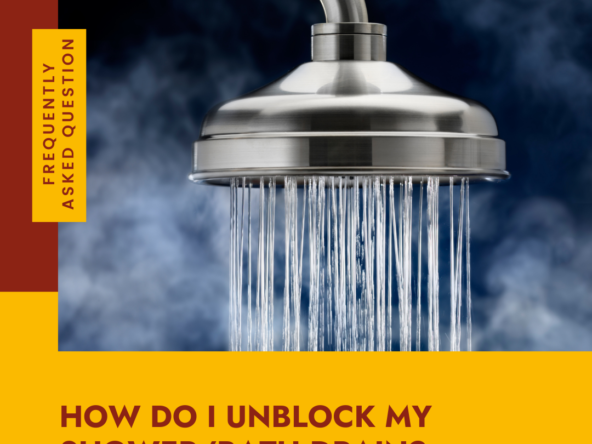If you’re about to sign a house with us on a group contract and have had a look through your tenancy agreement you should have noticed the line after the list of tenants that reads, “Who shall be jointly and severally liable”.
So what does this mean?
Put simply, as you are signing a single contract as a group, you are sharing responsibility to be bound by its terms. We will always try our best throughout a tenancy to make sure that charges and responsibilities are split fairly, but in some circumstances you may be required to pay out on behalf of your housemate. This is usually in one of two areas:
Rent:
In the vast majority of tenancies the tenants decide to split the rent between them, this may be split evenly or differently depending on the house and the group. However, it is the overall monthly rent that is detailed on your tenancy agreement; so for example, if one person didn’t pay their rent one month, the landlord is within his right to ask the other tenants to cover the rent arrears.
Damages:
We ask for a damage deposit on all of our tenancies, and this is paid into evenly by all the tenants. In most circumstances any damages at the end of a tenancy will be covered by this deposit, and if the damages are specifically caused by one tenant the costs can be paid from their portion. However, if we are not made aware who caused the damage, or the costs are higher than one portion on the deposit, the landlord is able to use the other portions of the deposit to cover these costs.
We very rarely have to charge anyone for charges acquired by their housemates, but it is worth taking some precautions to help you along the way. Here are some top tips to help prevent you having to pay out for your housemates:
- Make sure you know your housemates before signing a contract with them
- Make sure you all have a UK based guarantor in place
- Each set up standing orders to automatically send the rent every month
- Consider taking a smaller room and paying less rent if you are worried about your finances
- Budget for your rent every month, or send rent termly so you know that it is covered
- Clean regularly and raise maintenance issues quickly to reduce any damage to the property
- Check when people are planning to leave at the end of the tenancy making sure people have contributed to the cleaning before they leave
- Consider splitting the costs for a cleaner at the end of your tenancy




